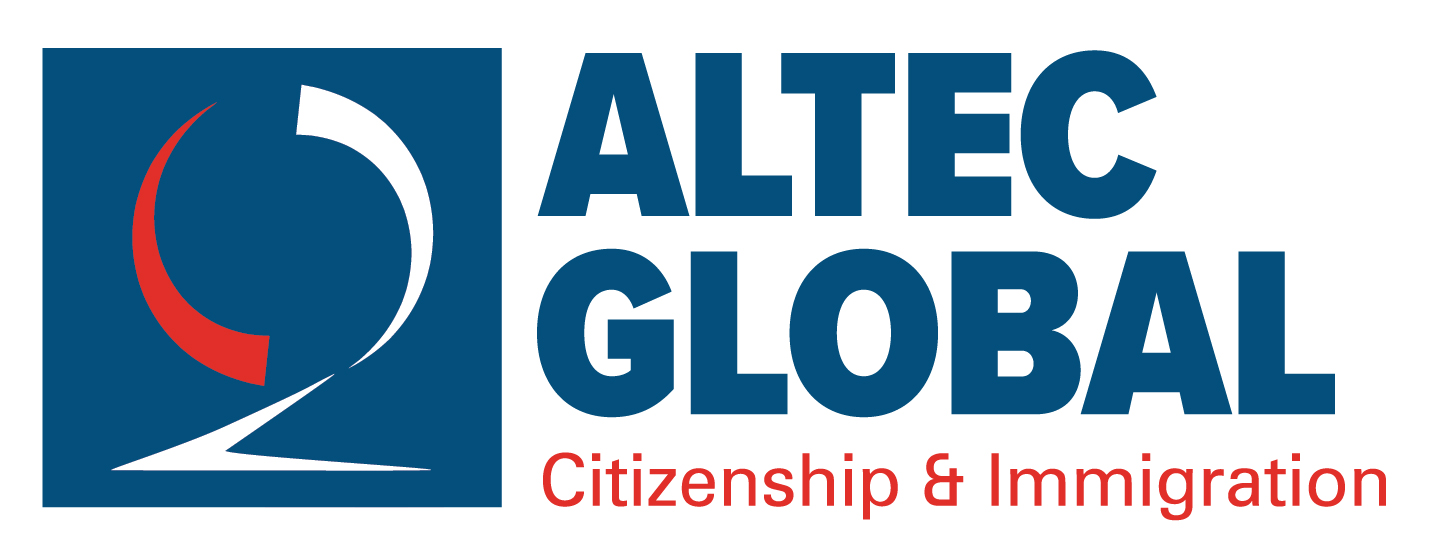
The ongoing housing crisis in Canada has raised concerns about its potential linkage to the increasing levels of immigration. With housing affordability becoming a pressing issue, it’s crucial to explore whether immigration is indeed causing the crisis or if the situation is more complex. In this article, we’ll delve into the intersection of immigration and the housing shortage, dissecting expert opinions and potential solutions.
Analyzing the Housing Crisis and Immigration
Recent data from the Canada Mortgage and Housing Corporation (CMHC) has highlighted the severity of the housing crisis. The report projects a need for over 22 million housing units by 2030 to enhance affordability across the country, demanding an additional 3.5 million units beyond the current national housing plan. This shortage coincides with Canada’s pursuit of record immigration levels, sparking debates about the potential impact of a growing population on housing demand and supply.
Affordability as a Primary Concern
The Canadian Real Estate Association (CREA) underscores affordability as a critical factor driving the housing crisis. The average home price in Canada surged to $668,754 in July 2023, marking a 6.3% increase from the previous year. This price surge is particularly pronounced in provinces like Ontario and British Columbia, where newcomers tend to settle. For instance, homes in Ontario and British Columbia boast average prices of $856,269 and $966,181, respectively.
Public Perception and Expert Insights
Public perception plays a role, with a portion of Canadians attributing rising home prices to immigrants. However, the Royal Bank of Canada (RBC) challenges this notion. The RBC report attributes the housing shortage to higher residential construction costs, including a 51% price index increase since the pandemic’s onset. Factors contributing to higher costs encompass a shortage of skilled workers, limited raw materials supply, and elevated input expenses. The study further emphasizes the importance of addressing labor shortages and skill gaps in the construction sector.
Government’s Immigration Stance
Canada’s government contends that high immigration levels are instrumental in resolving the housing crisis. The country aims to admit up to 500,000 new permanent residents annually by 2025, considering immigration as a solution to various challenges, including housing and healthcare workforce shortages. Officials emphasize that limiting newcomers won’t effectively address housing concerns and advocate for boosting the national labor force.
Balancing the Immigration Strategy
Economists advocate for a balanced approach to immigration to mitigate the housing crisis. While the CMHC report acknowledges the impact of long approval processes and skill shortages on housing construction delays, another report by TD Bank raises concerns about the pace of immigration growth. The report argues that the rapid influx of newcomers might exacerbate the housing shortfall by half a million units within two years. TD Bank suggests focusing on closing labor force gaps through measures like accessible daycare and streamlined accreditation processes.
Moving Forward
Both government authorities and economists agree that addressing the housing crisis necessitates a multifaceted strategy. While increasing the number of skilled newcomers can help fill labor gaps and stimulate housing starts, it’s not the sole solution. Enhancing the existing workforce through better accreditation and creating a conducive environment for women to return to full-time work can also alleviate the pressure on housing.
The relationship between immigration and Canada’s housing crisis is complex. While population growth may contribute to demand, experts stress that a multifaceted approach is essential to tackle the issue effectively. Balancing immigration levels, addressing labor shortages, and promoting workforce participation are all crucial components of a comprehensive strategy. As Canada seeks solutions, collaboration between various stakeholders and a focus on long-term sustainability will play a pivotal role in easing the housing crisis and fostering a brighter future for both newcomers and residents.

Recent Comments